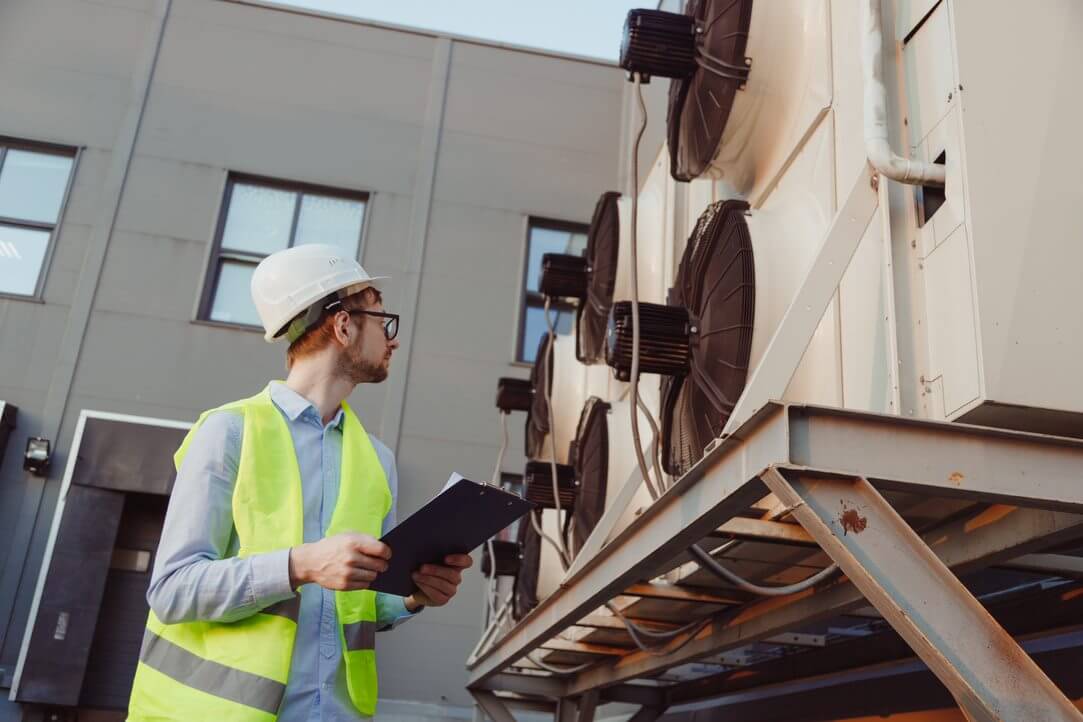HVAC systems are essential to commercial buildings. It is the primary system that provides optimum indoor temperature.
When you prioritize comfort and safety in an establishment, this can increase your staff’s productivity which can be an asset for your company.
Unfortunately, it does not mean that if you install HVAC systems, this will continue to function well for the next couple of years. Without proper maintenance and checkups, this can result in some wear and tear, which can be a problem for you.
Ignoring signs of malfunctions in your HVAC can lead you to spend more money on your energy bills and replacements.
Hence, it is crucial to install exterior aluminum access panels to prevent unwanted mishaps in your HVAC because they allow you convenient access for checkups anytime.
Causes HVAC Failure
To prevent your HVAC system from malfunctioning, you should know the possible causes and what you can do to avoid continuous damage.
Low Refrigerant
The air conditioner utilizes refrigerant to eliminate the humidity and heat from the air in your home or establishment. If your system develops leaks from the refrigerant lines, this will result in you not having enough refrigerant to create cool air.
Unfortunately, fixing this air conditioner problem will not be accomplished with a little refrigerant replacement. An HVAC repair technician must identify the leaks and repair the holes in the lines. This task can be time-consuming and expensive, especially with multiple leaks.
Frozen Evaporator Coils
The HVAC’s evaporator coil contains refrigerant and functions by gathering heat from the air. It may sound unreasonable, but those coils require warm air around them to work correctly.
When something disrupts the airflow and the evaporator coil decreases its temperature, a layer of ice can build up outside. You’ll get warm air from your air conditioning supply registers when this happens.
Dirty Condenser Coils
Your HVAC system’s condenser coils, part of the outdoor unit, eliminate the heat from the air by transporting it outside the building.
The condenser coil will not function well if it gets covered with dust or other pollutants. This is a widespread problem in areas with high air pollution.
When this happens, there can be a problem with heat transfer, and your unit has to function more to do its job, leading to increased wear and tear on some vital parts and even system failure.
Fan Problems
A fan transfers indoor air to your unit’s evaporator coil to cool the air. Another moves air over the external unit’s condenser to release the absorbed heat outside the building.
If the fans aren’t functioning due to a faulty motor, worn-out belts, insufficient lubrication, or too much dirt can result in inadequate airflow and HVAC problems.
If you don’t get this repaired as soon as possible, it can result in compressor failure, in which repairs won’t be able to restore to its initial efficiency.
Leaking Ducts
The ductwork connecting your walls or ceilings transfers the cooled air from the HVAC throughout the area.
However, if cracks or holes in the ducts (usually caused by rats and clumsy duct workers), the cooled air can enter inside your walls where it’s not contributing to the room’s environmental temperature.
This scenario also causes your HVAC systems to function more and increase energy bills.
Thermostat Issues
The old dial-type thermostats are sometimes incorrectly calibrated, which indicates that your HVAC system isn’t getting the proper instructions from the central control system.
This problem has a quick fix. You can do this by recalibrating or replacing your thermostats. If you install modern calibrated thermostats, sometimes these are complex to program and may be set incorrectly.
If you still have the manual, check the instructions to ensure your thermostat’s settings are accurate.
Clogged Drains
The moisture your HVAC system eliminates from the air must go somewhere. This is usually removed through a drain line, into a pan, and finally down a drain.
If the pipe or drain gets obstructed or the pan gets full, the water can back up and damage your HVAC system. This can also create leaks that damage your walls, ceilings, and other structures.
If you don’t notice it right away, the presence of mold growth on your walls will be the indicator.
Taking care of essential building fixtures is necessary to ensure building efficiency.
Awareness of the most common causes of HVAC malfunction can serve as an indicator and reminder of the importance of maintenance and repair for HVAC systems and other critical mechanical systems in your establishment.
Ensure you hire a trained professional for repairs to avoid unwanted accidents.
